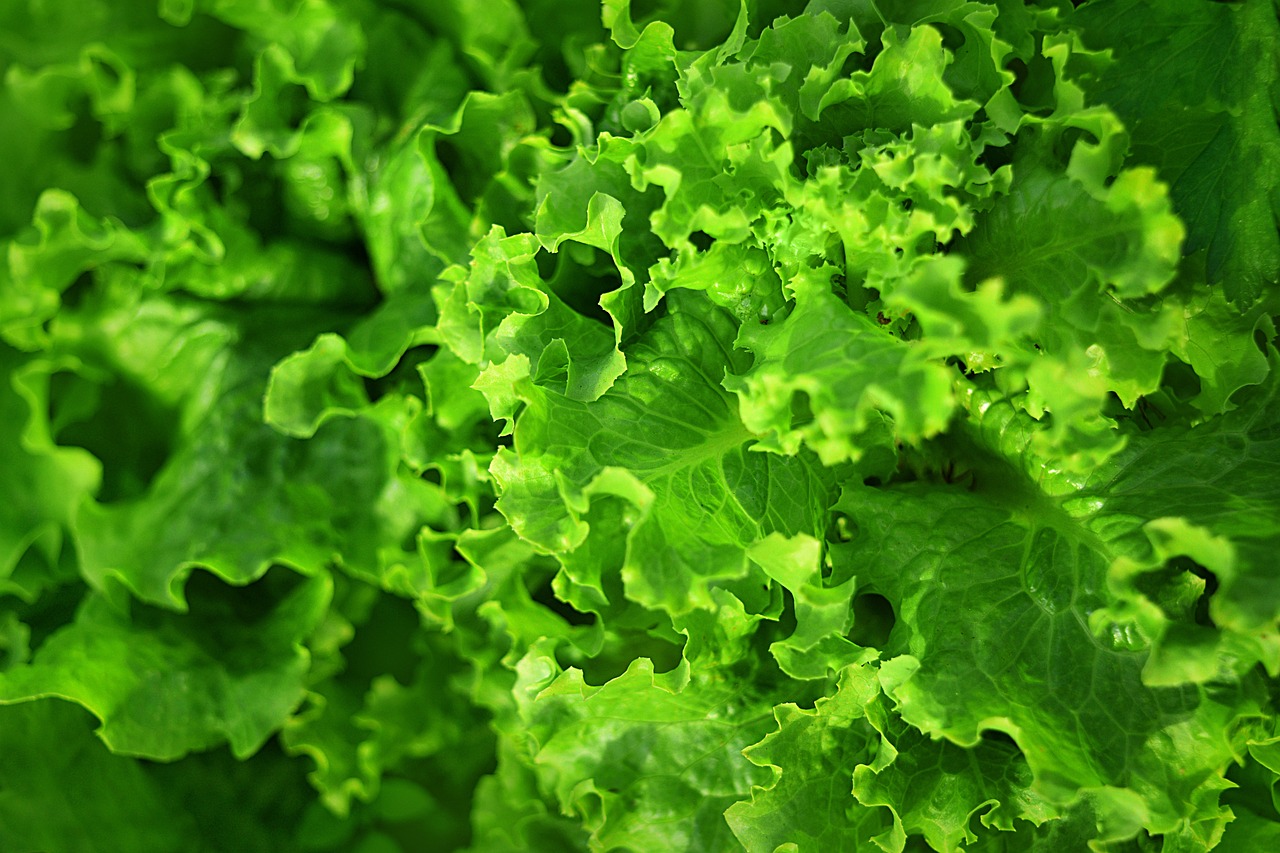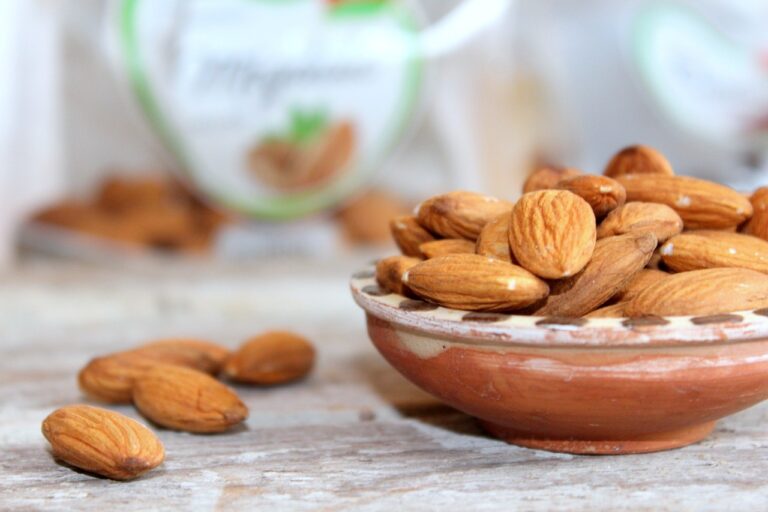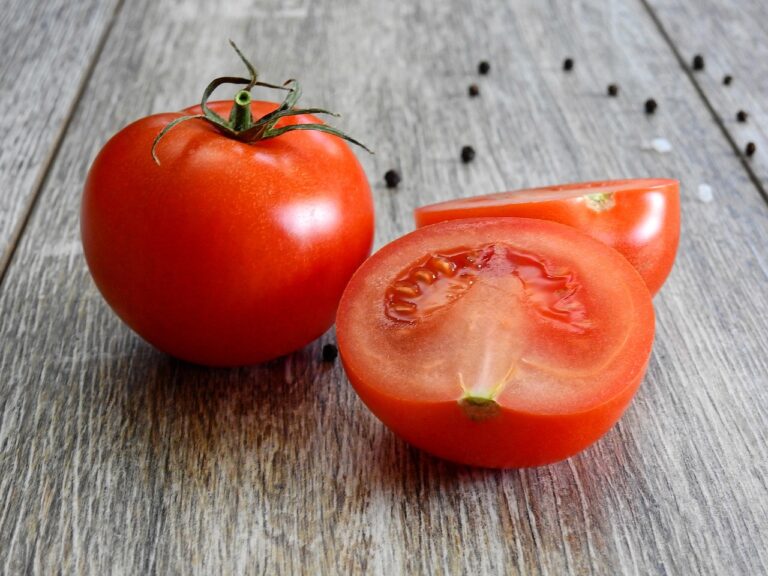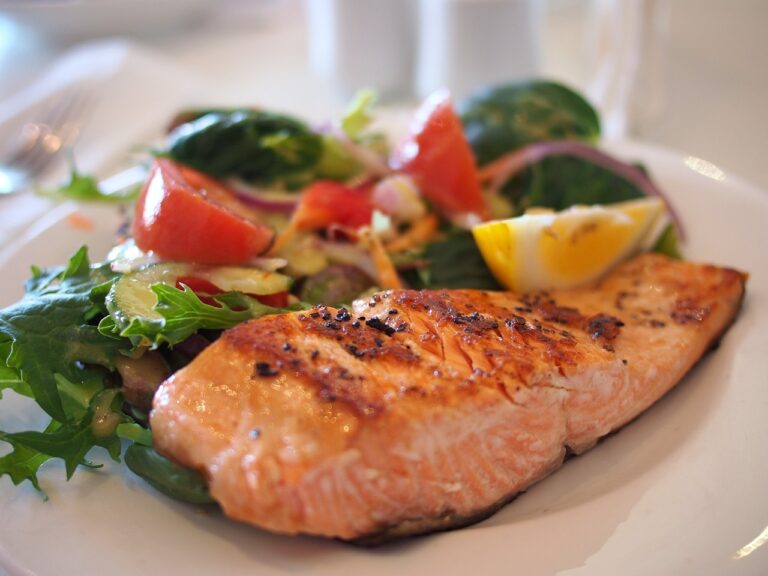10 Foods You Should Eat Every Day

Eating a balanced diet is crucial for maintaining good health and well-being. While there are countless healthy foods to choose from, certain foods stand out for their exceptional nutritional benefits. Incorporating these foods into your daily diet can boost your energy, support your immune system, and enhance your overall quality of life. Here are ten foods you should eat every day to stay healthy and vibrant.
1. Leafy Greens
Leafy greens like spinach, kale, and Swiss chard are packed with vitamins, minerals, and fiber. They are rich in vitamins A, C, and K, as well as folate, iron, and calcium. These nutrients are essential for maintaining healthy vision, bones, and immune function.
Incorporating leafy greens into your daily meals can help reduce inflammation and lower the risk of chronic diseases such as heart disease and diabetes. They are also low in calories, making them an excellent choice for weight management. Whether added to salads, smoothies, or sautéed as a side dish, leafy greens are a versatile and nutritious addition to your diet.
2. Berries
Berries, including blueberries, strawberries, and raspberries, are nutrient powerhouses. They are high in antioxidants, which help protect your cells from damage and reduce the risk of chronic diseases. Berries are also rich in fiber, vitamin C, and various phytonutrients.
Consuming berries regularly can improve brain health, support heart health, and aid in weight management. Their natural sweetness makes them a delicious and healthy snack option, perfect for adding to yogurt, oatmeal, or enjoying on their own.
3. Nuts
Nuts like almonds, walnuts, and pistachios are excellent sources of healthy fats, protein, and fiber. They are rich in omega-3 fatty acids, which are beneficial for heart health. Nuts also provide essential vitamins and minerals such as vitamin E, magnesium, and selenium.
Eating a handful of nuts each day can help reduce the risk of heart disease, support brain health, and manage weight. They are a convenient and satisfying snack that can be enjoyed on their own, added to salads, or used as a topping for various dishes.
4. Whole Grains
Whole grains like quinoa, brown rice, and oats are rich in fiber, vitamins, and minerals. They are a great source of complex carbohydrates, which provide sustained energy throughout the day. Whole grains also contain antioxidants and phytonutrients that contribute to overall health.
Including whole grains in your diet can improve digestive health, lower cholesterol levels, and reduce the risk of chronic diseases such as type 2 diabetes and heart disease. They can be used as a base for salads, incorporated into soups, or enjoyed as a side dish.
5. Yogurt
Yogurt is a probiotic-rich food that supports gut health. It is a great source of protein, calcium, and vitamin B12. The beneficial bacteria in yogurt help maintain a healthy balance of gut flora, which is crucial for digestion and immune function.
Eating yogurt daily can improve digestion, enhance nutrient absorption, and boost immune health. It is a versatile food that can be enjoyed on its own, mixed with fruits and nuts, or used as a base for smoothies and dressings.
6. Fatty Fish
Fatty fish such as salmon, mackerel, and sardines are rich in omega-3 fatty acids, which are essential for heart and brain health. They are also excellent sources of high-quality protein, vitamins D and B12, and minerals like selenium and iodine.
Regular consumption of fatty fish can reduce inflammation, lower the risk of heart disease, and support cognitive function. Including fatty fish in your diet at least twice a week can provide significant health benefits. They can be grilled, baked, or added to salads and pasta dishes.
7. Eggs
Eggs are a versatile and nutrient-dense food. They are an excellent source of high-quality protein, vitamins A, D, and B12, and minerals such as selenium and choline. Choline is particularly important for brain health and development.
Including eggs in your daily diet can support muscle health, promote brain function, and provide sustained energy. They can be enjoyed in various ways, from boiled and scrambled to incorporated into omelets and baked goods.
8. Avocado
Avocado is a nutrient-rich fruit that is high in healthy fats, particularly monounsaturated fats. It is also a good source of fiber, potassium, and vitamins C, E, and K. The healthy fats in avocado support heart health and help absorb fat-soluble vitamins.
Eating avocado daily can improve heart health, support weight management, and enhance skin health. It can be added to salads, spread on toast, or blended into smoothies for a creamy and nutritious boost.
9. Beans and Legumes
Beans and legumes such as lentils, chickpeas, and black beans are excellent sources of plant-based protein, fiber, and essential nutrients like iron, folate, and magnesium. They are also low in fat and calories, making them a healthy addition to any diet.
Regular consumption of beans and legumes can improve digestive health, support heart health, and help manage blood sugar levels. They can be used in soups, stews, salads, or as a base for vegetarian dishes.
10. Apples
Apples are a convenient and nutritious fruit that is rich in fiber, vitamins, and antioxidants. They contain pectin, a type of soluble fiber that supports digestive health and helps regulate blood sugar levels. Apples are also a good source of vitamin C and various phytonutrients.
Eating an apple a day can support heart health, improve digestion, and boost immune function. They are a portable and versatile snack that can be enjoyed on their own, sliced into salads, or baked into desserts.
Incorporating these ten foods into your daily diet can provide a wide range of health benefits, supporting your overall well-being and helping you maintain a balanced and nutritious diet. By making these foods a regular part of your meals, you can enjoy better health and vitality every day.





